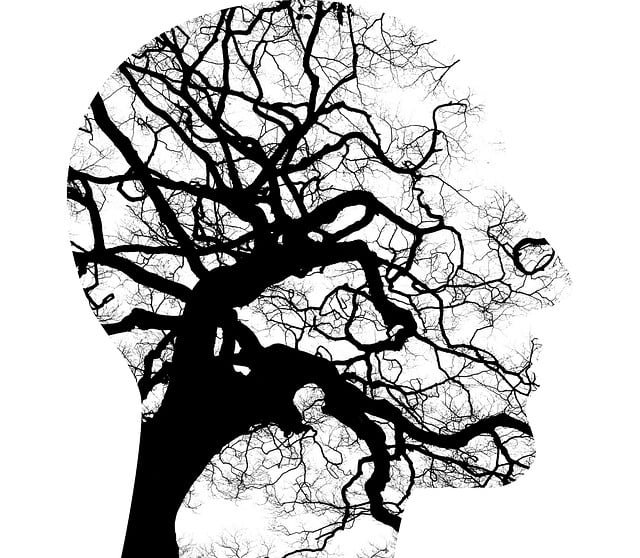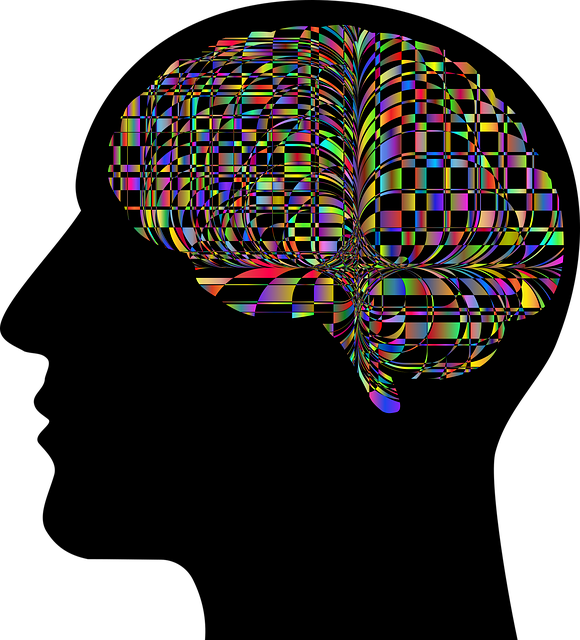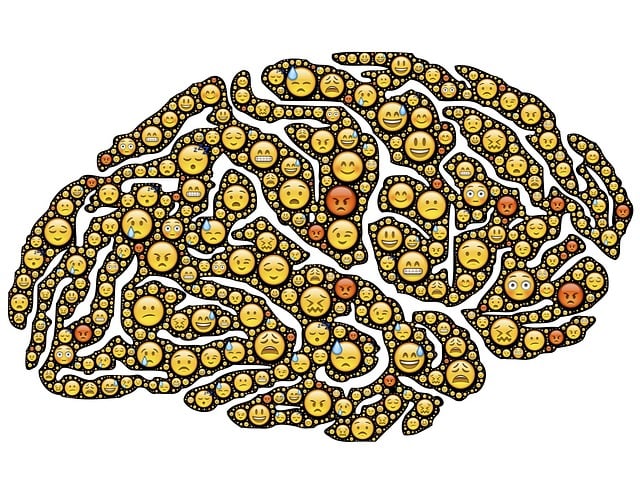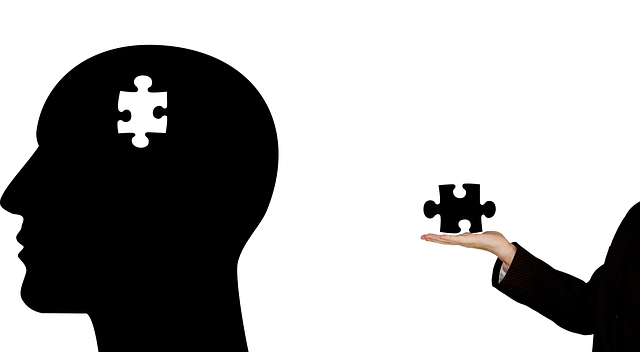Therapy for adults with Functional Neurological Disorder (FND) encompasses a comprehensive approach integrating cognitive-behavioral therapy (CBT), mindfulness, motor therapy, and self-care practices. This multifaceted strategy aims to address both neurological and psychological dimensions of FND, improving quality of life and fostering resilience. Support systems, including family, friends, and support groups, are crucial for providing safe spaces, practical assistance, and motivation during treatment, while promoting healthy lifestyle habits and stress management.
Mental illness diagnosis and treatment navigation can be a complex and challenging journey, especially for those grappling with Functional Neurological Disorder (FND). This article provides an in-depth look at understanding FND, its symptoms, and diagnostic processes. We explore various therapeutic approaches available to treat FND, emphasizing the importance of personalized care. Additionally, we discuss support systems and self-care strategies crucial for optimal recovery, offering valuable insights for individuals seeking therapy for adults with functional neurological disorder.
- Understanding Functional Neurological Disorder: Symptoms and Diagnosis
- Navigating Treatment Options for FND: Therapeutic Approaches
- Support Systems and Self-Care Strategies for Optimal Recovery
Understanding Functional Neurological Disorder: Symptoms and Diagnosis

Functional Neurological Disorder (FND) is a complex mental health condition that impacts an individual’s ability to regulate and respond to their environment. Unlike traditional neurological disorders, FND does not show up in medical scans as a physical anomaly—instead, it’s characterized by symptoms like chronic pain, movement difficulties, sensory issues, and cognitive problems. These manifestations can be deeply puzzling both for the affected person and healthcare providers, given they don’t always align with typical neurological or psychiatric diagnoses.
Diagnosing FND involves a comprehensive approach that often includes detailed patient interviews, psychological evaluations, and physical examinations to rule out other conditions. Mental health professionals look for persistent symptoms that significantly impact daily functioning. While there’s no single test for FND, therapy for adults with this disorder typically focuses on emotional healing processes and stress management techniques. Organizations dedicated to mental illness stigma reduction efforts play a crucial role in promoting understanding and access to effective treatment options, such as those offering specialized workshops in stress management.
Navigating Treatment Options for FND: Therapeutic Approaches

Navigating treatment options for Functional Neurological Disorder (FND) involves exploring a range of therapeutic approaches designed to help individuals manage their symptoms and improve quality of life. Therapy for adults with FND often includes a combination of cognitive-behavioral therapy (CBT), which focuses on identifying and changing negative thought patterns, and mindfulness-based interventions that teach present-moment awareness and stress management techniques.
Crisis intervention guidance is crucial in the early stages to help individuals cope with sudden onset symptoms or exacerbations. Self-care practices, such as regular exercise, adequate sleep hygiene, and structured routines, are also integrated into treatment plans. Additionally, some therapists employ motor therapy and sensory integration techniques to address physical manifestations of FND. The goal is a multifaceted approach that addresses both the neurological and psychological aspects of the disorder, fostering resilience and a return to functional living.
Support Systems and Self-Care Strategies for Optimal Recovery

Support systems play a pivotal role in an individual’s journey towards optimal recovery from mental illness, especially functional neurological disorders (FND). Therapy for adults with FND often involves a multifaceted approach, and fostering strong support networks is a key component. Family, friends, or support groups can provide a safe space to share experiences, offer practical assistance, and boost motivation during treatment. These connections encourage individuals to adhere to therapeutic regimens, promote self-care practices, and help manage stress and anxiety associated with the diagnosis.
Self-care strategies are equally essential for promoting recovery. Incorporating activities like mindfulness meditation and inner strength development can enhance coping mechanisms and resilience. Regular exercise, adequate sleep, and healthy eating habits contribute to overall well-being and play a supportive role in FND treatment. Additionally, learning risk assessment techniques enables individuals to recognize potential triggers or warning signs, empowering them to take proactive measures for their mental health.
Functional neurological disorder (FND) is a complex condition, but with the right support and navigation in treatment, recovery is achievable. Understanding the symptoms and seeking professional help early on is crucial. Various therapeutic approaches, tailored to individual needs, can significantly improve outcomes for adults living with FND. By combining evidence-based treatments with robust support systems and self-care practices, individuals can navigate their journey towards better mental health and enhanced quality of life. Remember, there’s no one-size-fits-all solution, but with the right guidance, therapy for adults with FND can be a game-changer.














